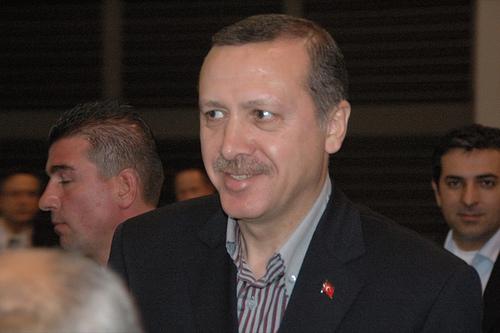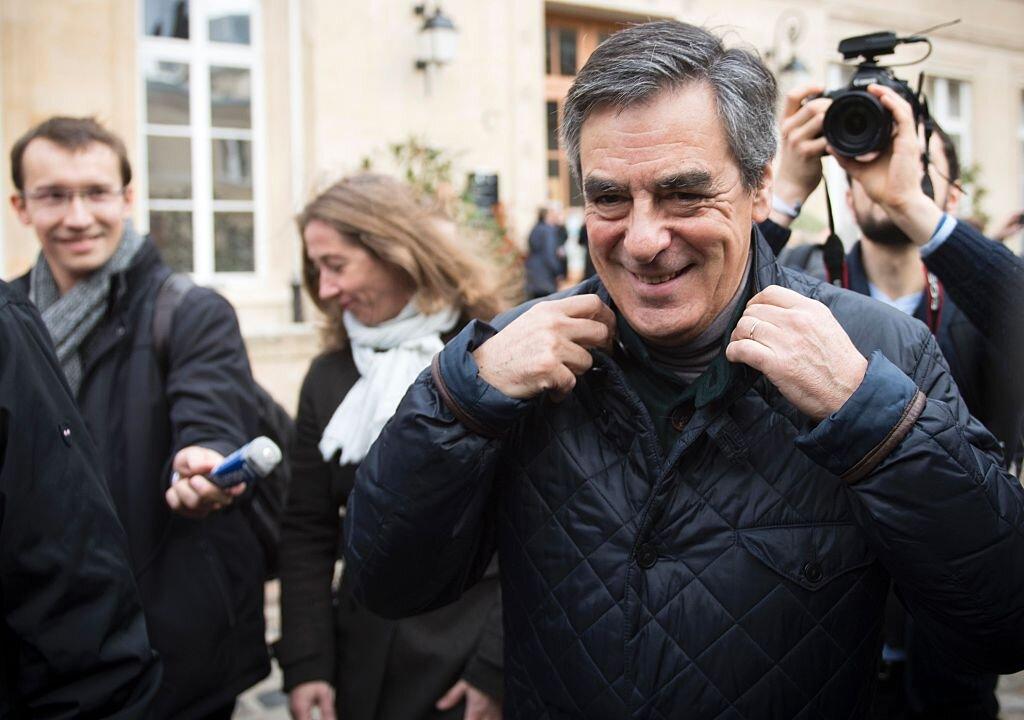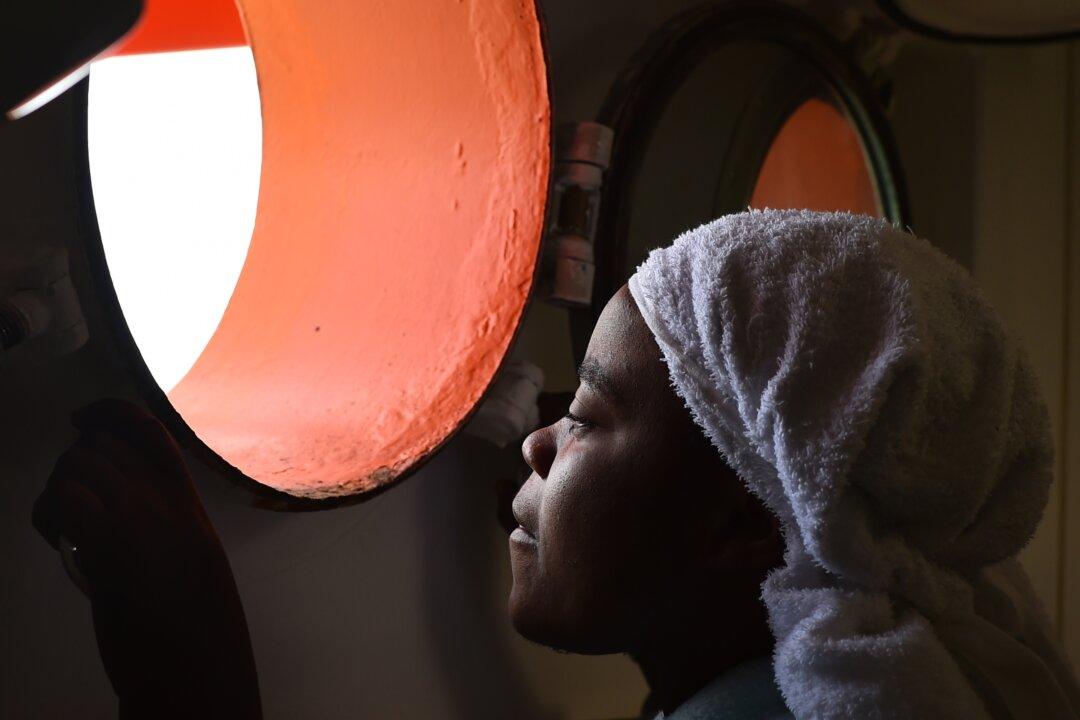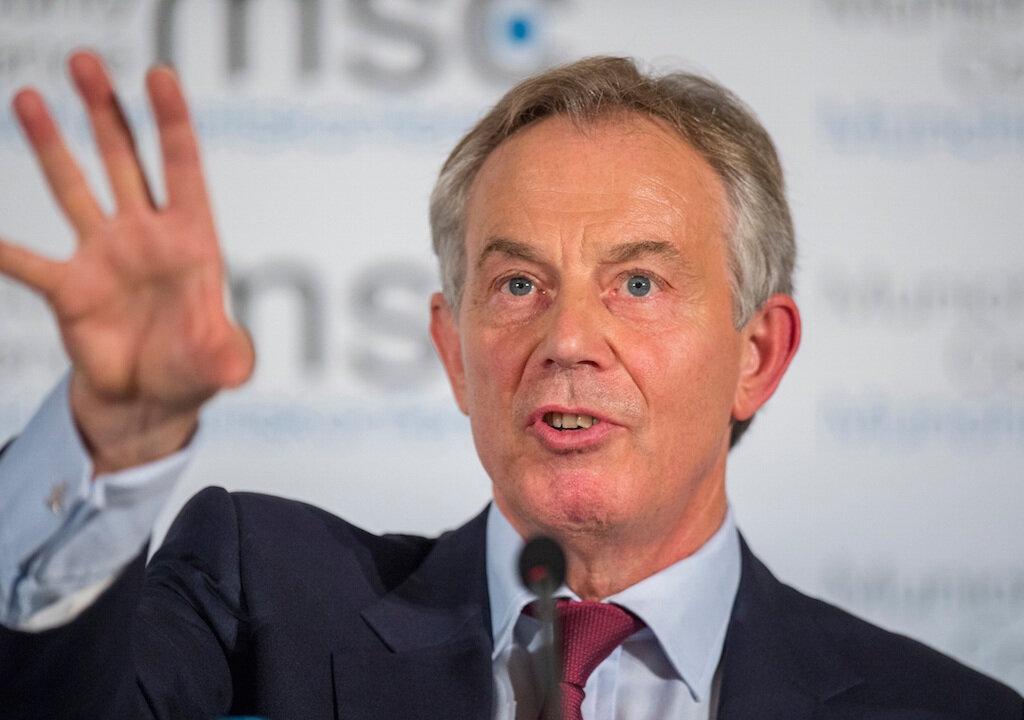This month, the European Union’s candidate countries anxiously awaited the release of a set of Commission reports that would assess the progress they'd made towards coveted membership. The reports set the tone for negotiations over the coming year and conclusions can make or break membership hopes. Having launched its official application to join the EU in 1987, Turkey is no stranger to this yearly ritual. The report was initially received with some hostility, being published by the EU on a major religious holiday in Turkey, but subsequent reactions from Ankara have surprised many (including the author) and suggest that the EU-Turkey relations may not be as stale as previously thought.
Turkey’s progress report was highly anticipated in Ankara. Many critics of Prime Minister Recep Tayyip Erdogan’s and his AKP party hoped it would be highly critical of his handling of mass protests in May sparked by the bulldozing of an Istanbul park. Overall, the 100-page document was unusually mild and painted a picture of tangible if uneven progress across a number of areas. In a written statement Turkish minister for EU affairs Egemen Bağış welcomed the fact that the report, “important reforms Turkey has made in various areas were underlined in the progress report published this year.”
In September, Prime Minister Erdogan announced an ambitious package of reforms following a turbulent summer for Turkish politics. The package included overtures to the country’s large Kurdish minority, as well as more symbolic measure that would notably allow headscarved women to sit in parliament and work as civil servants. At a press conference organised for the unveiling of the battery of reforms, Erdogan hinted at more to come, saying, “This is not the first package, and it will not be the last.”
The move was seen by many analysts as a push to rekindle the reformist zeal of his early years in power. Erdogan and his centre-right Justice and Development Party (AKP) came to power in a landslide victory in 2003 elections. The party is pro-Western, pushing for membership in the EU, and advocates a liberal market economy. The party’s religious roots through have caused friction in a country with a fiercely secular tradition.
The so-called ‘Gezi protests’ did make their mark in various sections of the report. The researchers criticised what is saw as, “excessive use of force by police and the overall absence of dialogue during the protests in May/June have raised serious concerns,” adding, “[t]his [the protests] underlines the urgent need for further reforms and the promotion of dialogue across the political spectrum, and in society more broadly.”
While not officially spelling anything out, the report breathes new life into recommendations because it includes nothing that would preclude the EU from opening up the next ‘chapter’ of membership negotiations. If negotiators get the green light, it will mark the first membership chapter to be opened in three years. Germany, whose opposition following the Gezi protests has been a key obstacle to continuing negotiations, has quietly signalled that it is ready to give its consent.
After formally applying in 1987, Turkey began membership negotiations with the EU in 2005, but a set of persistent political obstacles, notably over the Cyprus issue, as well as public resistance to Turkish membership in Germany and France, have slowed progress. Following the ‘big bang’ enlargement of 2004 that saw the addition of ten new Member States, Europe has suffered from what many have come to call ‘enlargement fatigue’.
Responding to the report, Bağış said,“it’s indisputable that Turkey is now closer than ever to European Union standards in terms of democracy, human rights and economic development.” Despite what many see as very real progress, Turkish believe their membership bid has been unfairly blocked and slowed for purely political reasons. Popular support for EU membership in Turkey has been waning as negotiations become protracted and there is worry that a growing tide of euroscepticism in Europe could lead to Brussels scaling back its support for Turkish membership.





